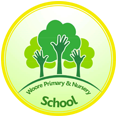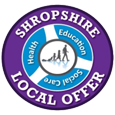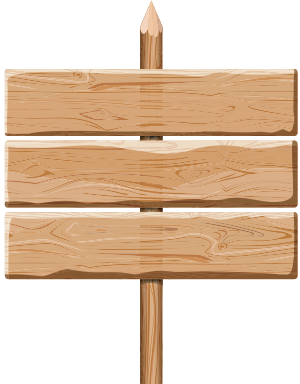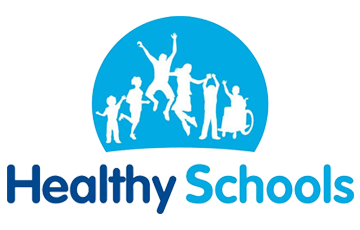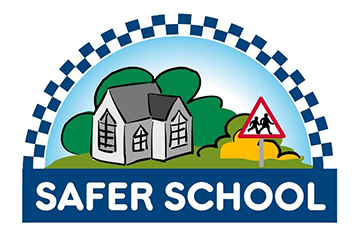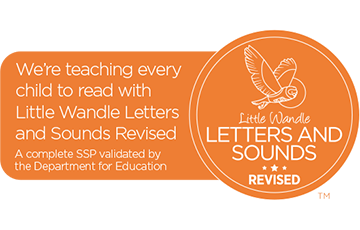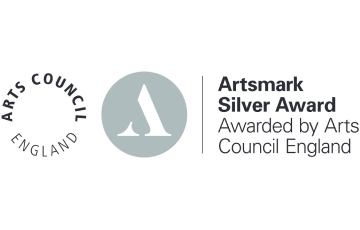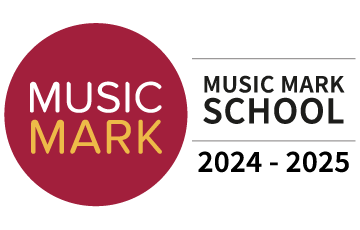Maths
Here at Woore, we aim for every child to feel confident with their own mathematical ability and to enjoy and develop a love for maths whilst also becoming fluent in the fundamentals of mathematics and being able to use their knowledge to reason and solve problems. All teachers and support staff are confident and experienced with delivering and supporting children with their learning within maths and our ultimate ambition is for all children to leave Woore ready for the next stage of their mathematical education and to have a secure understanding and appreciation for how they can utilise maths within their future.
Schemes of Learning
Across all classes, we use the White Rose Maths Scheme within our lessons for Y1-Y6. These lessons focus on fluency, reasoning and problem solving and also follow the CPA (concrete, pictorial, abstract) approach, which is proven to deepen children’s understanding of maths. Teachers carefully select a range of questions from the White Rose materials to ensure that the needs of individual children are met. You can find out more about who White Rose are here https://whiterosemaths.com/who-we-are/about-white-rose-maths/
For children in reception, the primary maths programme used is 'Mastering Number', a programme developed by NCETM. This programme provides a solid foundation in number and calculation for children in the early years and KS1. Alongside this, additional focus for shape, space and measures is provided within the provision and as teacher led activities.
The 'Mastering Number' programmes is also provided to children in Y1 and Y2 in addition to the White Rose programme of study.
Alongside White Rose and Mastering Number, teachers use Classroom Secrets resources to supplement children’s exposure to reasoning and problem solving. This allows children of all abilities to have access to a range of appropriate, yet challenging reasoning and problem solving activities.
Practical Resources
We have a wide range of engaging manipulatives and resources to support children of all ages with their mathematical learning. Children are taught how to use these effectively and have the freedom to use any of these recourses when they need to. These include: Numicon, bead strings, numberlines, base 10, times table grids, shapes, ten frames, money, geometry sets and place value counters. We believe it is important that children have a number of strategies to support their learning including using abstract manipulatives, pictorial and concrete representations.
Times Tables
The teaching of times tables is a priority across KS1 and KS2. By the end of Year 4, children are expected to know their tables up to 12 x 12 fluently, in readiness for the statutory multiplication check. Teachers use a variety of rich, engaging resources to help children embed their times tables and transfer this knowledge to their long term memory. Technology, through apps such as ‘Hit the Button’, are used to develop children’s response time to questions. Times tables are of vital importance to support children in other areas of mathematics. Children also have access to 'Times Table Rockstars', which they can access at home to better improve their fluency and automaticity of mulitplication and division facts. Free free to log on and test your knowledge here: Times Table Rockstars
Maths Hub
We have been working with our local Maths Hub (ShawMaths Hub) over the past few years to implement a relatively new programme for early primary pupils called NCETM Mastering Number. The project aims to secure firm foundations in the development of good number sense for all children from Reception through to Year 2. The programme’s aim is, that over time, children will leave KS1 with fluency in calculation and increase their confidence and flexibility with number. Class 1 and Class 2 teachers have had extensive and ongoing training through NCETM, to deliver these highly focussed and practical short lessons.
Our current focus as a school is to develop children's oracy skills so that they can better communicate why they have reached a certain answer and explain their methodology using the appropriate and correct mathematical terminology. This will build confidence in the subject area and ensure more children are able to make progress and develop a love of learning within Maths.
How can you Support the teaching of Maths at Home?
All children from Y1 to Y6 have access to Maths Shed which is an online resource that will allow them to practise skills from a range of mathematical areas. Teachers will also set weekly homework to be completed that will provide them with more opportunities to consolidate their learning from the week. For those children needing to secure their knowledge of times tables, we use Times Table Rockstars, which allows them to battle off against their friends and focus on both speed and accuracy of their recall. There are also excellent websites such as MathsFrame Games which are great for practising their core skills and are good fun too.
